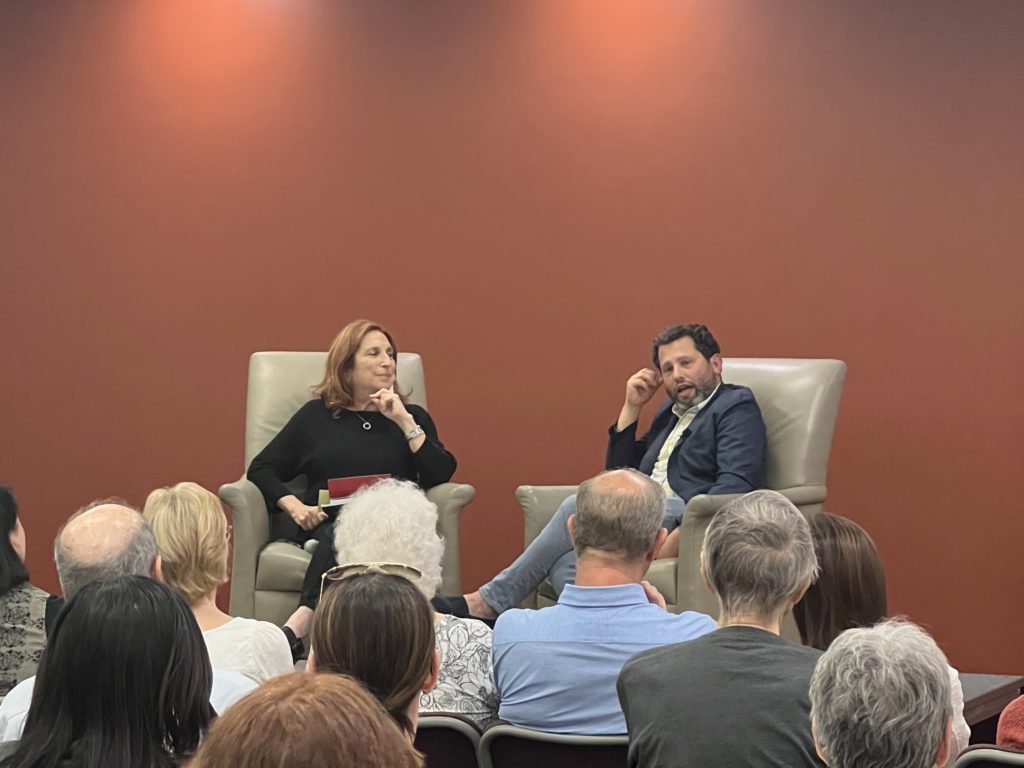
What is the impact of disinformation on political campaigns? How are people fighting back today?
These are some of the questions that Sasha Issenberg, a journalist, author and teacher of political science at UCLA tries to answer in his latest book, “The Lie Detectives: In search of a Playbook for Wining Elections in the Disinformation Age.”
The idea for the book had followed the publishing of his last book, “The Victory Lab” in 2012, which had been a story on how technological advances in campaigns were leading to better voter registrations and turnout.
“I ended up writing a few stories for Bloomberg’s Business Week with a colleague about [President Donald] Trump’s digital information in 2016, and it was the first time I was forced to confront the idea that some of these technological innovations might be used to mislead voters, to drive them away from the process, to confuse them,” Issenberg said.
Although the writer currently resides in Los Angeles, on Monday, May 20 he came to the Cherry Hill Public Library for an author event where he discussed the topic of his latest book in an hour-long conversation with his mother-in-law, Susan Bass Levin, who previously served as township mayor.
Issenberg gave an overview of how much easier it was to get a lie to spread these days as well as the challenges people face in combatting these lies. In a pre-digital era, if someone wanted a lie to reach a large number of people at any speed, they would either need to be a political figure of some sort; have a lot of money to do paid communication or advertising; have a large number of supporters; media outlets to cover it and typically they would have to be physically close to the people they wanted to lie to, Issenberg explained.
“What’s happened now with the internet and social media in particular is that almost everyone has it in their capability to launch a lie that can get mass reach quickly, without needing money, existing infrastructure, a following, a media organization, a platform (like an old-fashioned platform),” he said.
The digital landscape has provided new challenges and a more vulnerable population. For instance, the issue of bots.
Although bots are not inherently good or bad, Issenberg explained that bots are one of the tactics used to spread misinformation. He defined bots as being “an automated account that is not controlled by an individual” and noted that “it’s programmed usually to automatically repeat or respond to activity” utilizing fake accounts.
There are a number of other factors that contribute to the spread of misinformation he shares in the book, for example, targeted voter suppression campaigns designed to suppress a voter’s support for a candidate, foreign interference, and the nebulous nature of TikTok that makes it difficult to find the source of the information or fact check.
“I think everybody needs to have a sense of proportion about this, and I think we have that instinctive sense of proportion when stuff happens offline and the important thing is to be able to apply it online,” Issenberg said.









